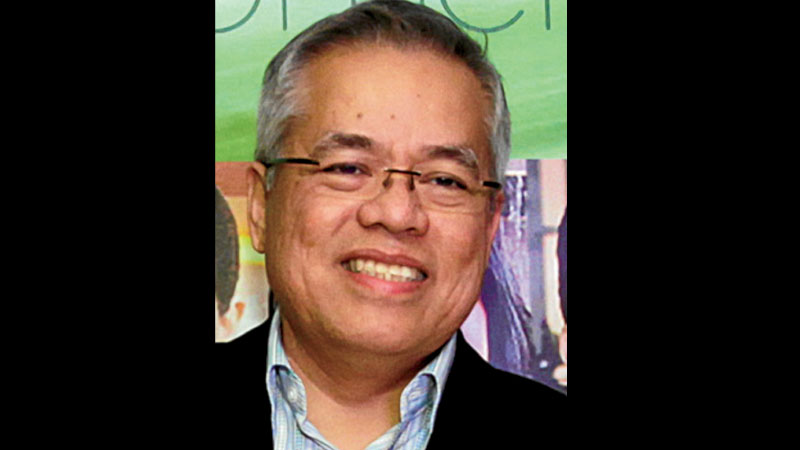New trade chief champ of SMEs
HE IS no stranger to the plight of the sector he has been appointed to serve.
Within business circles, Trade Secretary Ramon Lopez has long been known as a staunch advocate of entrepreneurship, having served over the past 11 years as executive director for the Philippine Center for Entrepreneurship (PCE), whose main advocacy is Go Negosyo.
Initial interviews with the Cabinet official showed that his main thrust seemed to revolve around strengthening the capabilities of small enterprises as a way to ensure an inclusive growth and to help alleviate poverty in the country.
Before his appointment, Lopez, together with Go Negosyo founder Joey Concepcion, led the strong entrepreneurship advocacy promoting the enterprising culture among Filipinos.
The active and passionate involvement of Lopez in Go Negosyo was not only because of his position as an executive director, according to PCE.
Article continues after this advertisementHe was also one of the “angelpreneurs” for the advocacy, earning the respect of millions of small and medium entrepreneurs throughout the country who were able to listen to his words of wisdom and valuable advice.
Article continues after this advertisementEmpowerment
“It is a great development for the business community to have Lopez as the department secretary. It is a pleasure to know that the Duterte administration and other people have recognized Go Negosyo, Lopez and our entrepreneurship advocacy to help Filipinos level up,” Concepcion said.
PCE said Lopez “will be of great service to the Filipino nation as he continues to empower and inspires the micro, small and medium entrepreneurs.”
For 22 years, Lopez served the business sector as a top executive of RFM Corp., during which he handled strategic planning and business development, mergers and acquisitions and equity investors group.
Topnotch economist
He also worked with the National Economic and Development Authority and the Department of Trade and Industry (DTI), and has had experience in trade and industry development planning.
Lopez obtained his master’s degree in development economics from Williams College in Massachusetts and got his bachelor’s degree in economics from the University of the Philippines Diliman.
Given his credentials and vast experience in the business sector, Lopez thus earned the respect of the business, financial and investment communities both here and abroad—evident in the warm reception he has received so far since the announcement of his appointment.
Sen. Paolo Benigno “Bam” Aquino IV has said he and Lopez have been allies in championing entrepreneurship in the Philippines, and that he has seen “firsthand (Lopez’s) dedication to developing micro, small and medium sized enterprises (MSMEs)—the sector crucial in achieving inclusive growth and beating poverty.”
Fit for the job
Thus, this early, the local business community has already placed its confidence in Lopez, who is not only deemed fit for his new job but is also expected to hit the ground running.
For many of the country’s biggest business organizations, Lopez is a good choice, as he is in the business loop and is already familiar with the plight of local companies, particularly MSMEs and industries.
For his part, Lopez has vowed to continue the economic reforms, programs and international trade policies geared largely for the MSMEs, based on the mandate of President Duterte.
“The focus of the President is uplifting the poor and the quality of their lives through entrepreneurship. We will push for these interventions to support growth of the MSMEs, build a climate conducive to business and innovation, which the DTI has already started,” he said.
Priority programs
With Lopez at the helm, the DTI will soon come out with a list of priority programs aimed at championing the MSMEs agenda, enhancing existing programs such as the Negosyo Centers, shared service facilities and training and seminars, and following through on initiatives started by the agency, including inclusive businesses.
Under this model, big businesses can help MSMEs by incorporating these small enterprises in their operations either as a forward link or as a supplier like what several giant manufacturers in the country are doing.
